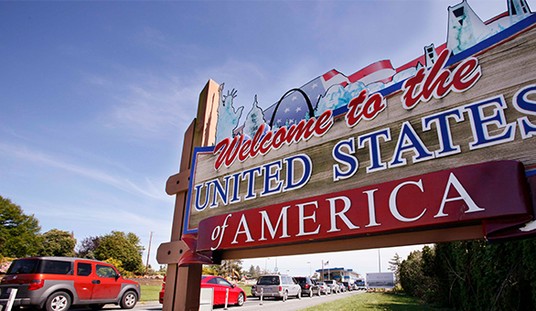Don’t take it from me; take it from Arthur Brooks in the pages of, believe it or not, the New York Times. A life entirely devoted to the pursuit of pleasure and the avoidance of pain is a fool’s errand:
We don’t want to suffer — we hate it, in fact. Yet it is suffering that often brings personal improvement. Not all pain is beneficial, obviously. But researchers have consistently found that most survivors of illness and loss experience “post-traumatic growth.” Not only do many people find a greater emotional maturity after suffering; they are even better prepared to help others deal with their pain. That is why after a loss we turn for comfort to those who have endured a similar loss.
Sages throughout history have relished the enigma that pleasure is undefined without suffering. In the words of Carl Jung: “There are as many nights as days, and the one is just as long as the other in the year’s course. Even a happy life cannot be without a measure of darkness, and the word ‘happy’ would lose its meaning if it were not balanced by sadness.” The Tao Te Ching extends the metaphor: “Difficult and easy accomplish each other, long and short form each other, high and low distinguish each other.”
… in this season of Lent, hundreds of millions of Catholics are pondering their own inadequacies and inviting discomfort through abstinence and fasting. In a postmodern era, where death is taboo, pain is pointless, and sin is a cultural anachronism, what could be more rebellious?
But the spirit of these practices is open to everyone, religious or not. Think of it as a personal declaration of independence. The objective is not to cause yourself damage, but to accept the pain and fear that are a natural part of life, and to embrace them as a valuable source of lessons to learn and tests to pass.
A few years ago I attended Mass at St. Monica’s in Santa Monica, Calif., about as “welcoming” a parish as you can imagine. It happened to be the Sunday before Lent and the padre’s sermon was on the subject of the season fast approaching three days later. “Have a good Lent,” he told the congregation, an expression (coming from the Irish penitential wing of Catholicism as I do) I had never heard before. But, for the reasons Brooks points out above, it made a lot of sense. No pleasure without pain, no gain without loss. As the poet Milton wrote in the famous Areopagitica:
Good and evil we know in the field of this world grow up together almost inseparably; and the knowledge of good is so involved and interwoven with the knowledge of evil, and in so many cunning resemblances hardly to be discerned, that those confused seeds which were imposed upon Psyche as an incessant labour to cull out and sort asunder, were not more intermixed. It was from out the rind of one apple tasted that the knowledge of good and evil, as two twins cleaving together, leaped forth into the world. And perhaps this is that doom which Adam fell into of knowing good and evil, that is to say of knowing good by evil.
I’ll have a lot more to say on this subject in my forthcoming book, The Devil’s Pleasure Palace, out this summer from Encounter Books. I hope you will have a chance to read it.









Join the conversation as a VIP Member